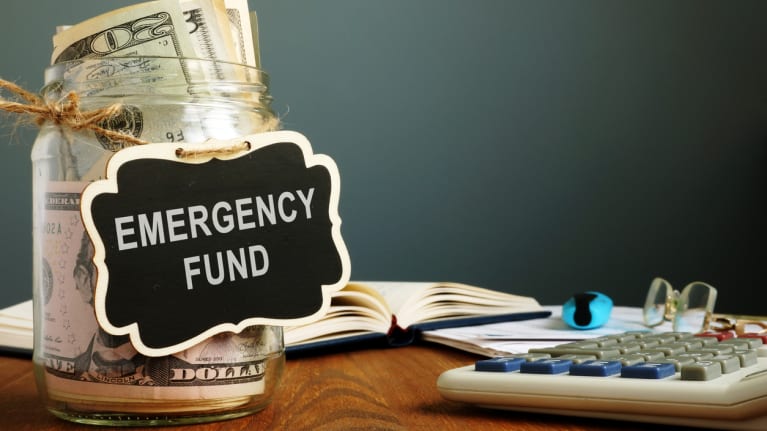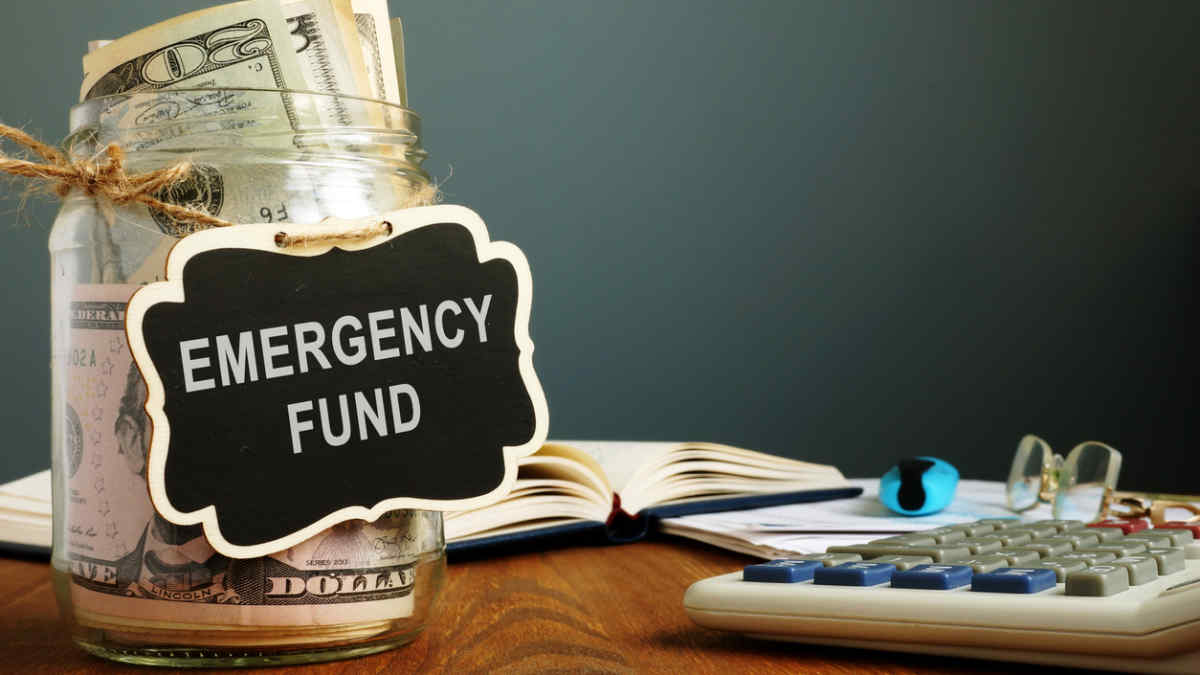

?The state of emergency savings in the U.S. is anemic.
A recent survey by personal finance website Bankrate and polling company SSRS found that nearly half (48 percent) of American adults lack enough emergency savings to cover at least three months’ worth of living expenses. Generally, experts recommend that people keep enough money on hand to pay three to six months’ worth of expenses.
Personal finance guru Suze Orman described the current environment for emergency savings as “horrible.”
Many Americans “have no money in emergency savings accounts—at all. It’s really a travesty what’s going on,” Orman said.
The Emergence of Emergency Savings Accounts
In response, Orman and others are helping employers set up emergency savings accounts (ESAs) for employees. Interest-bearing ESAs are similar to the health savings accounts (HSAs) that many employers already offer as a benefit. The federal SECURE Act 2.0, passed in 2022, expanded access to workplace ESAs.
One employer hopping on the ESA bandwagon is California Closets of Tennessee. The franchisee tapped Sunny Day Fund, a company that develops emergency savings programs for employers, to establish its savings perk.
To date, 40 percent of the more than 60 employees at California Closets of Tennessee have joined the savings program. Among all Sunny Day clients, account holders maintain an average balance of about $1,700.
At California Closets of Tennessee, an employee can elect to automatically deduct part of their paycheck and shift that money to a Sunny Day savings account. The money can be set aside for emergencies or other needs. The company matches the employee’s contributions.
Torrey Maloch, director of people and community development at California Closets of Tennessee, said employees learned about the new ESAs during the company’s recent open enrollment period. The franchisee began offering the benefit in February 2023.
“When employees were already thinking about their physical wellness, it helped to talk about their financial wellness too,” Maloch said. “Overall, this program shows our employees we care about them.”
Relieving Financial Stress
To her credit, Orman isn’t just sounding the alarm about the scarcity of emergency savings in the U.S. She’s putting her money where her advice is. Orman and entrepreneurs Devin Miller and Bassam Saliba co-founded financial technology company SecureSave in 2020 to help employers create ESAs as a workplace benefit.
The SecureSave trio believes ESAs can fill a big void in terms of emergency savings and workplace benefits. Nearly 9 in 10 Americans (87 percent) surveyed by SecureSave indicated they’d participate in an ESA program if their employer made it available.
In addition, the co-founders said ESAs can boost workplace productivity by easing employees’ financial stress. These accounts also hold the promise of improving recruitment and retention.
“Financially stressed employees tend to be more distracted, less engaged and more likely to seek another job,” according to professional services firm PwC.
Ideally, SecureSave wants each of the employer-matched, payroll-deducted ESAs it oversees to contain at least $400. The company’s survey found that more than two-thirds (67 percent) of Americans couldn’t cover an unexpected $400 expense.
So far, the concept appears to be on the right track: 90 percent of SecureSave account holders aren’t touching their emergency savings, with monthly contributions averaging $83. One key to this success is that the accounts don’t include access to a debit card.
Different Emergency Savings Approaches
Investment manager BlackRock is taking a different approach to promoting emergency savings. Its Emergency Savings Initiative, which launched in 2019, has so far donated $30 million to financial wellness nonprofits to help employers, along with financial services providers such as ADP, Mastercard and Truist, build Americans’ emergency funds. The effort already has resulted in more than $2 billion in savings. Among the employers involved in the initiative are AutoNation, Best Buy and Levi Strauss.
Mark McCombe, vice chairman of BlackRock, said in a news release that the savings initiative started four years ago, but the COVID-19 pandemic “made the project even more urgent as a record number of people lost their jobs, and those who did not have short-term savings set aside or quickly depleted them had to dip into their long-term savings to weather the downturn.”
Other employers taking the lead in emergency savings for employees include Delta Air Lines and Starbucks.
Earlier this year, Delta teamed up with investment brokerage Fidelity and the nonprofit Operation HOPE to encourage employees to save for emergencies. An eligible employee who completes a financial education and coaching program and contributes to an ESA can collect as much as $1,000 from Delta to put toward emergency savings.
In 2022, Starbucks rolled out the My Starbucks Savings program in partnership with Fidelity. All eligible employees in the U.S. can earmark a share of their after-tax pay to go into a personal savings account. Starbucks pitches in $25 and $50 credits at key saving milestones, up to a total of $250 for each participant.
“Too many Americans are unprepared to handle the unexpected, and this current economic environment only makes it more important to help people establish solid savings behaviors and build a foundation to cover short-term expenses,” Kevin Barry, president of workplace investing at Fidelity, said in an online article.
A Business Case for ESAs?
In the current economic environment, employers are being called upon more often to bolster their commitment to workers’ financial well-being. New research from investment manager T. Rowe Price finds that the workplace is employees’ No. 1 source of knowledge and guidance about finances, and that employees value programs that help with financial education, debt and emergency savings.
“I would say emergency savings is developing into a business case that is pretty hard to match in benefit programs today, outside of maybe health care and retirement,” said Miller, the CEO of SecureSave.
John Egan is a freelance writer based in Austin, Texas.
